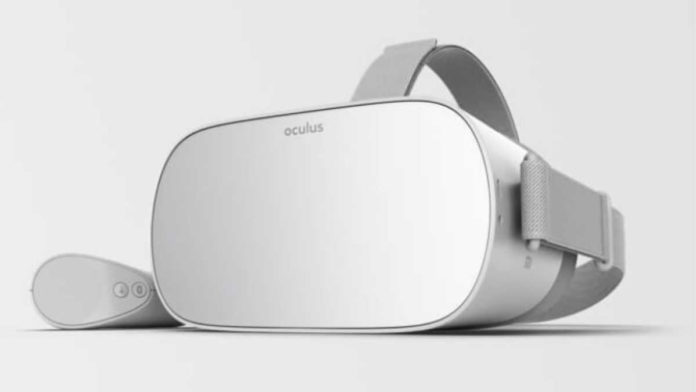
Cornerstone OnDemand is working with Facebook’s Oculus to incorporate virtual reality features into workforce learning.
The companies announced an agreement under which shared clients will be able to build apps that track VR training completion data within Cornerstone’s LMS. Using functionality developed by Cornerstone and Oculus, customers will be able to access immediate insights into which workers are using their VR content and how the training is impacting performance results.
Cornerstone OnDemand's working with @Facebook’s Oculus to incorporate VR features into workforce learning. @CornerstoneInc #HR #HRTech Share on XMeanwhile, Cornerstone will release an SDK for content developers in order to expand LMS integration standards for VR. The SDK, which is compatible with Oculus for Business, will help content developers with user and portal authentication, xAPI (also known as “experience API”) progress and pushing that to Cornerstone’s transcript. The VR SDK will be widely available starting next year, Cornerstone said.
Adam Miller, Cornerstone’s founder and CEO, said the company has seen growing interest in VR training from its clients. “We quickly realized we needed to create a simple, efficient process for capturing and measuring the impact of this type of training data,” he said. “We feel collaborating with Facebook and Oculus was the best choice to ensure reach and scalability across our mutual clients.”
Listen to a podcast version of this story.
Oculus VR’s Growth: Slow But Promising
Cornerstone believes that as more employers adopt VR, they’re particularly challenged when it comes to tracking the use of VR training content and measuring the impact it has on employee performance. Currently, many organizations rely on manual data entry and spreadsheets to capture and analyze the efficacy of VR training.
Facebook relaunched Oculus for Business in April 2019, after an initial rollout in 2017. The new iteration includes Oculus Quest and enhanced suite of tools designed to encourage VR use in the workplace. That includes simplified device setup and management, “enterprise-grade” service and support, and a user experience customized for business. Oculus said that since 2017, customers have created VR applications for onboarding, remote collaboration and data visualization.
This comes as the use of VR at work shows signs of picking up steam. Cornerstone cited to Tractica Research estimates that show the global market for VR hardware and software in business will grow from $1 billion in 2018 to an estimated $12.6 billion by 2025.
It’s worth noting that, during Facebook’s recent conference call, Facebook CEO Mark Zuckerburg said developing the markets for virtual reality and augmented reality “is taking a bit longer than we thought.” However, he said he remains optimistic because “we’re seeing a lot of people use these products and love them and because of that I think that we’re still going to get there.”
Recently, Cornerstone’s been talking a lot about content. During its third-quarter earnings call, company executives said a continued emphasis on content and data will set the company apart from its competitors and ensure continued growth.
Sign up for our newsletter here.
Image: Oculus














